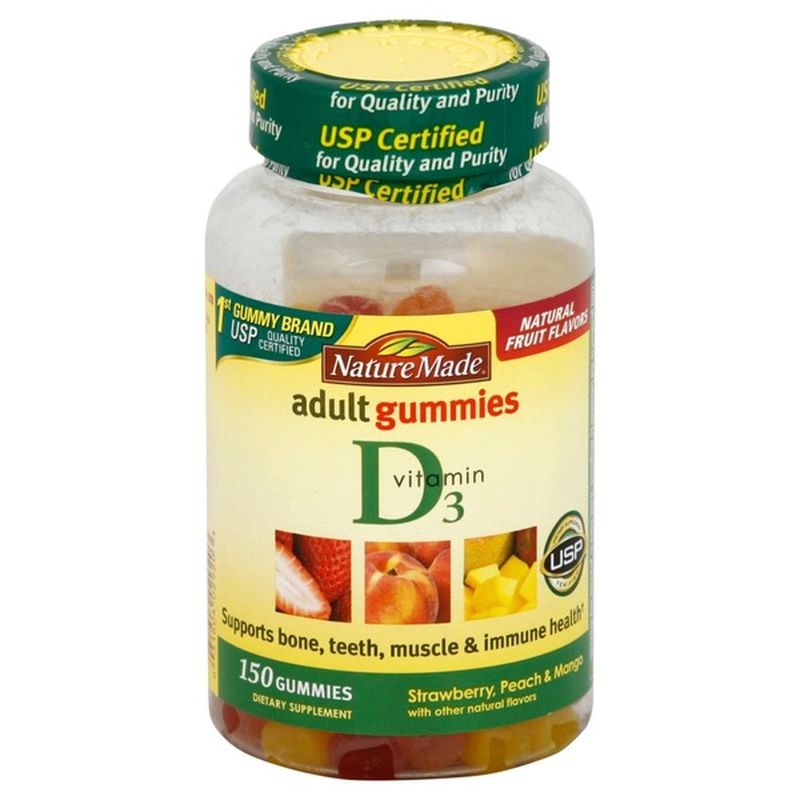
One study has reported that vitamin D supplementation reduces depression in people with seasonal affective disorder better than does treatment with bright light. Electroencephalographic readings change with season, especially in women. The brain also possesses the appropriate receptors to respond to this. Among its many potential biological effects, vitamin D nutrition may influence the brain, because brain tissue possesses the enzyme that can produce 1,25(OH) 2D, the biologically active form of vitamin D. In addition to monitoring their biochemical responses, we enquired about participants' subjective aspects of wellbeing. it was less than 40-nmol/L (<16 ng/mL), we wanted to offer them vitamin D supplements and to determine whether there are demonstrable differences between the use of the highest current AI for vitamin D, and 100 mcg (4000 IU)/day. Because circulating 25(OH)D was insufficient in 25% of those patients, i.e. We have characterized cross-sectional relationships between vitamin D intakes, 25(OH)D, 1,25(OH) 2D and PTH in endocrine outpatients. Vitamin D consumption in the amount of 100 mcg (4000 IU)/day is safe and physiologic for adults. Resistance from manufacturers may also stem from the fact that no clinical study has yet specifically used 15 mcg (600 IU)/day of vitamin D 3.

Controversies and ongoing concerns about exceeding the safe upper limit (UL) for vitamin D are probably why every major brand of multivitamins marketed for older adults still contains less than the adequate intake (AI) for adults >70 y. According to this criterion, there is still no scientific basis for an RDA for vitamin D. A recommended dietary allowance (RDA) is an intake "adequate to meet the known nutritional needs of practically all healthy persons". For osteoporosis prevention, the recent consensus is that 25(OH)D should exceed 72 nmol/L, and that adult consumption of vitamin D should be about 25 mcg (1000 IU)/day. Vitamin D nutrition can affect many aspects of health because its metabolites function at many tissues. This work confirms the safety and efficacy of both 15 and 100 mcg/day vitamin D 3 in patients who needed additional vitamin D. Since it was ethically necessary to provide a meaningful dose of vitamin D to these insufficient patients, we cannot rule out a placebo wellbeing response, particularly for those on the lower dose. The 100 mcg/day dose produced greater responses.

In Study 1, 64 outpatients (recruited if summer 2001 25(OH)D 40 nmol/L, lowered PTH, and its use was associated with improved wellbeing. We compared effects of these doses on biochemical responses and sense of wellbeing in a blinded, randomized trial. The adequate intake (AI) for older adults is 15 mcg (600 IU)/day, but there has been no report focusing on use of this dose.

This product is not intended to diagnose, treat, cure or prevent any disease.For adults, vitamin D intake of 100 mcg (4000 IU)/day is physiologic and safe. †These statements have not been evaluated by the Food and Drug Administration.

That is why our High Potency Vitamin D3 quick release softgels are Non-GMO, gluten free, free of other common allergens, and created without any artificial colors, artificial flavors, artificial sweeteners, or preservatives so you can feel good about adding this essential vitamin to your daily routine. We know how important a clean wellness experience is for you and your family. Featuring a high potency formula, our sunny softgels provide you with 2,000 IU (50 mcg) of active Vitamin D3 per serving, making it easier than ever to add some sunshine to your life. Let some sunshine into your life with Vitamin D! Naturally produced by sun exposure, Vitamin D is an essential vitamin that helps support bone health.† But with more time spent indoors and less time soaking up beneficial sunlight, we don’t always get the amount of Vitamin D we need. Nature’s Truth Products Vitamin D3 2,000 IU " />


 0 kommentar(er)
0 kommentar(er)
